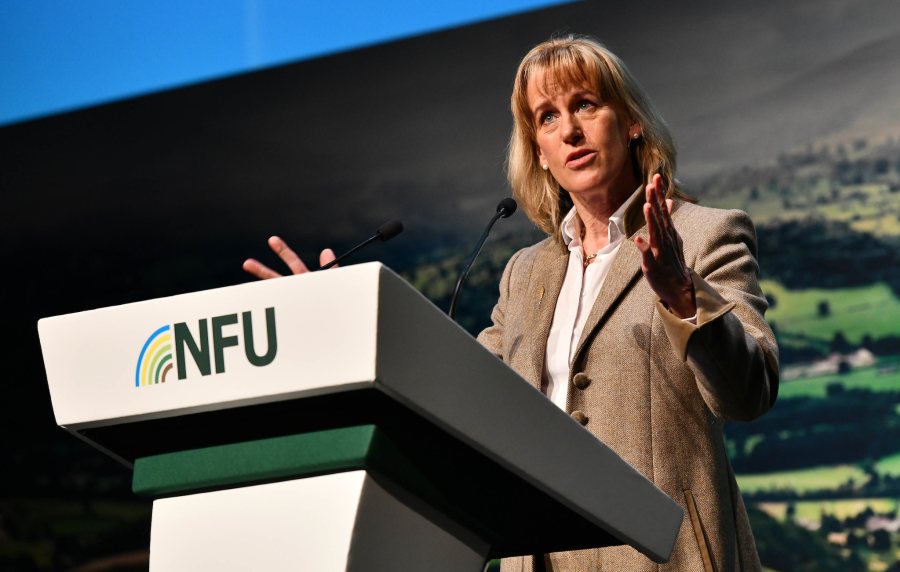Arabian Peninsula could become major market for UK farmers, NFU says

The Arabian Peninsula could become a major export market for British farmers as trade talks between the UK and the Gulf Cooperation Council get underway.
The UK government launched its free trade agreement (FTA) negotiations with the GCC - a group consisting of six wealthy nations - on Wednesday (22 June).
Made up of Bahrain, Kuwait, Oman, Qatar, Saudi Arabia, and the UAE, the region is home to more than 57 million people and imports around 90% of the food it consumes.
As the world's largest oil and gas producing region, the GCC enjoys the highest standard of living in the Middle East.
According to the NFU, the expansion of tourism in the region creates a major opportunity for British food, particularly in the food service and hospitality sector.
For example, Dubai alone attracts more than 16 million tourists a year, occupying some 70,000 hotel rooms.
Responding to the trade talks, NFU President Minette Batters said farmers would welcome increased market access and enhanced terms of trade with the GCC.
“The region is already well served with British agri-food exports, capitalising on strong recognition of British product in the market with our exports known for their safety, quality and high standards," she said.
“In particular, we continue to see considerable growth in dairy and red meat exports to the region, and with an expanding population with increased disposable income and the expansion of tourism, there is opportunity to grow UK agri-food exports into the region further."
Tariffs on UK agri-food products to the region are already set relatively low, at 5% for frozen meat, dairy and processed products or 0% for fresh meat and some fruit and veg, but negotiators could seek to remove tariffs where they exist.
Products from the UK are already highly sought after for their quality and heritage, with lamb exports growing by 652% to the region between 2018 and 2019.
There is a strong tradition of consuming sheep meat in the region with demand continuing to grow. Currently, the main supplier is Australia followed by New Zealand.
The GCC countries are also huge importers of dairy, with the UAE being an important market importing 2,400 tonnes of cheese in 2018.
Although volumes are currently relatively modest, the NFU said there is a significant potential to grow exports, especially if the GCC were to remove the 5% tariff currently applied to dairy products entering from the UK.
While tariffs on agri-food products entering the GCC market are relatively low, the union said it wants to see them eliminated altogether.
NFU chief international trade adviser Gail Soutar said the deal looks 'overwhelmingly positive' for UK exporters, with meat and dairy particularly set to benefit.
“It’s the world’s largest oil and gas-producing region, with a high standard of living and many consumers with quite large disposable incomes,” she said.
"They are prepared to pay premium prices for quality products and in most of the sectors British is seen as being high quality.”








